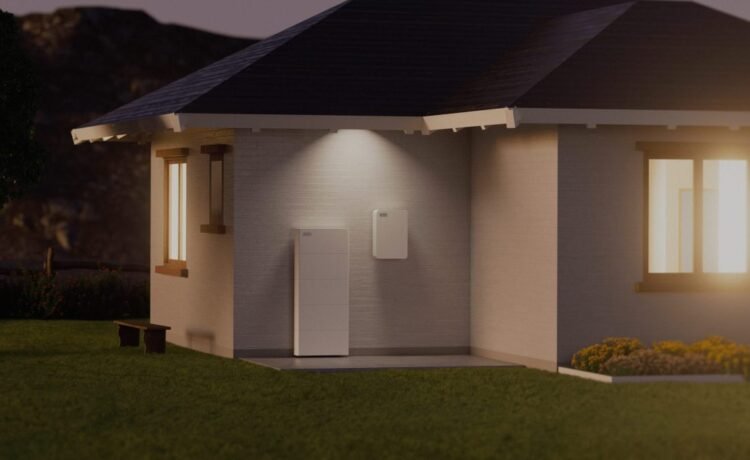In less than a year, Base Power has grown from a stealthy startup to one of the largest battery fleets in Texas.
Now, the company has raised $200 million to fund a rapid expansion, including dozens more megawatt-hours of battery storage and plans for a domestic battery factory.
The Series B round was led by Addition, Andreessen Horowitz, Lightspeed Venture Partners, and Valor Equity Partners. Altimeter, Terrain, Thrive Ventures, and Trust Ventures participated.
Backup batteries are nothing new — Tesla has been selling its Powerwall for nearly a decade — but Base Power takes the model to new territory. First, its batteries are massive, 25 or 50 kilowatt-hours, almost double or quadruple a single Powerwall, respectively. Then there’s the cost: Base Power charges just $595 or $995 up front depending on the capacity, while a single Powerwall will run about $15,000 or more before incentives.
The hitch? Customers have to commit to buying electricity from the company for three years at 9 cents per kilowatt-hour plus whatever delivery fees the local utility charges. They also have to pay an annual fee, which ranges from $225 to $345. For the average Texas household, the fee adds around 2 cents per kilowatt-hour.
For Base Power, the real money is almost certainly in so-called grid-balancing operations. Thanks to the way Texas’s power market works, the startup can be paid — handsomely in some cases — to tap the batteries it has installed to send electricity back to the grid.
By installing residential batteries, Base Power appears to have found a speedy way to build a megawatt-class fleet of batteries, sometimes called a virtual power plant. While Texas is home to a growing number of massive grid-scale battery facilities, they can take years to plan, permit, and built.
But residential batteries can be permitted and installed in a matter of weeks. Base Power installed 10 megawatt-hours last in March, co-founder and CEO Zach Dell told Canary Media. The company plans to hit the 100 megawatt-hour mark sometime this summer.
The new funding will go toward speeding installations and expanding into new states. It’ll also go toward starting construction on a battery factory in the U.S., an endeavor that could partially insulate it from the threat of tariffs but also introduce a new flavor of risk. Battery factories have proven challenging to master, and other companies have hit rough patches when attempting the same.
You Might Also Like
Chinese marketplace DHgate becomes a top US app as trade war intensifies
The Trump trade war has gone viral on TikTok, pushing a Chinese e-commerce app, DHgate, to the top of the...
Hertz says customers’ personal data and driver’s licenses stolen in data breach
Car rental giant Hertz has begun notifying its customers of a data breach that included their personal information and driver’s...
OpenAI plans to phase out GPT-4.5, its largest-ever AI model, from its API
OpenAI said on Monday that it would soon wind down the availability of GPT-4.5, its largest-ever AI model, via its...
Google’s newest AI model is designed to help study dolphin ‘speech’
Google’s AI research lab, Google DeepMind, says that it has created an AI model that can help decipher dolphin vocalizations,...










